Workshops
The CTT and its partners provide opportunities to learn about specific pedagogical interventions, new technologies to support teaching, and to engage in lively discussions of effective pedagogy with colleagues from across the disciplines. We create workshops for the campus as a whole and also customize workshops for colleges and departments. Contact us for more information.
Past
Many of our past workshops provide resources referenced or used in the session. If you would like us to customize one of these workshops for a specific department or other group, please contact the CTT at ctt@unl.edu or an instructional designer assigned to your college.
Small Things, Big Impact: Setting the Stage for the Semester
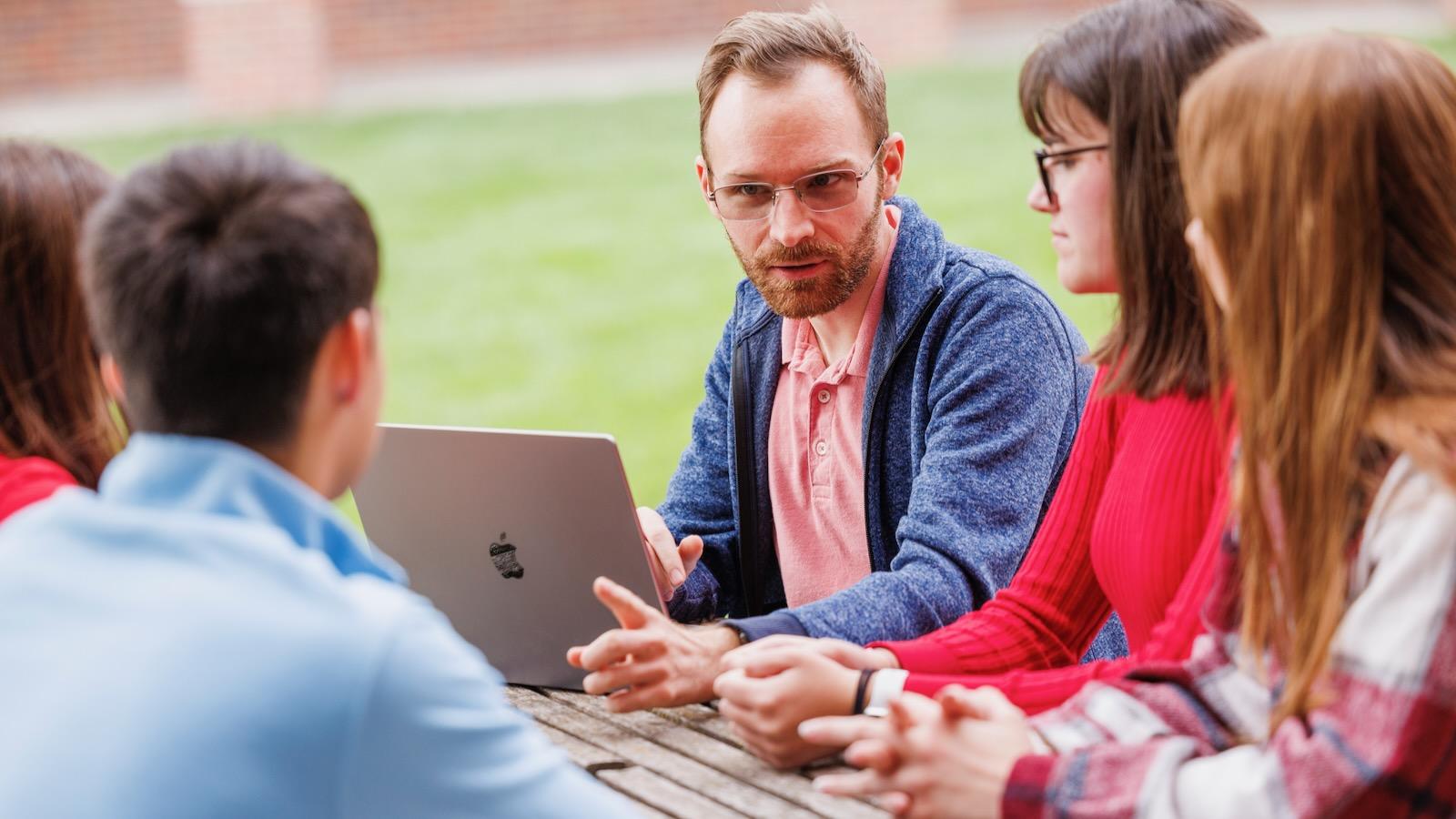
May 3 | Learn pedagogical strategies and Canvas design features which can be implemented by instructors before and during the first week of class.
Developing an Inclusive Syllabus
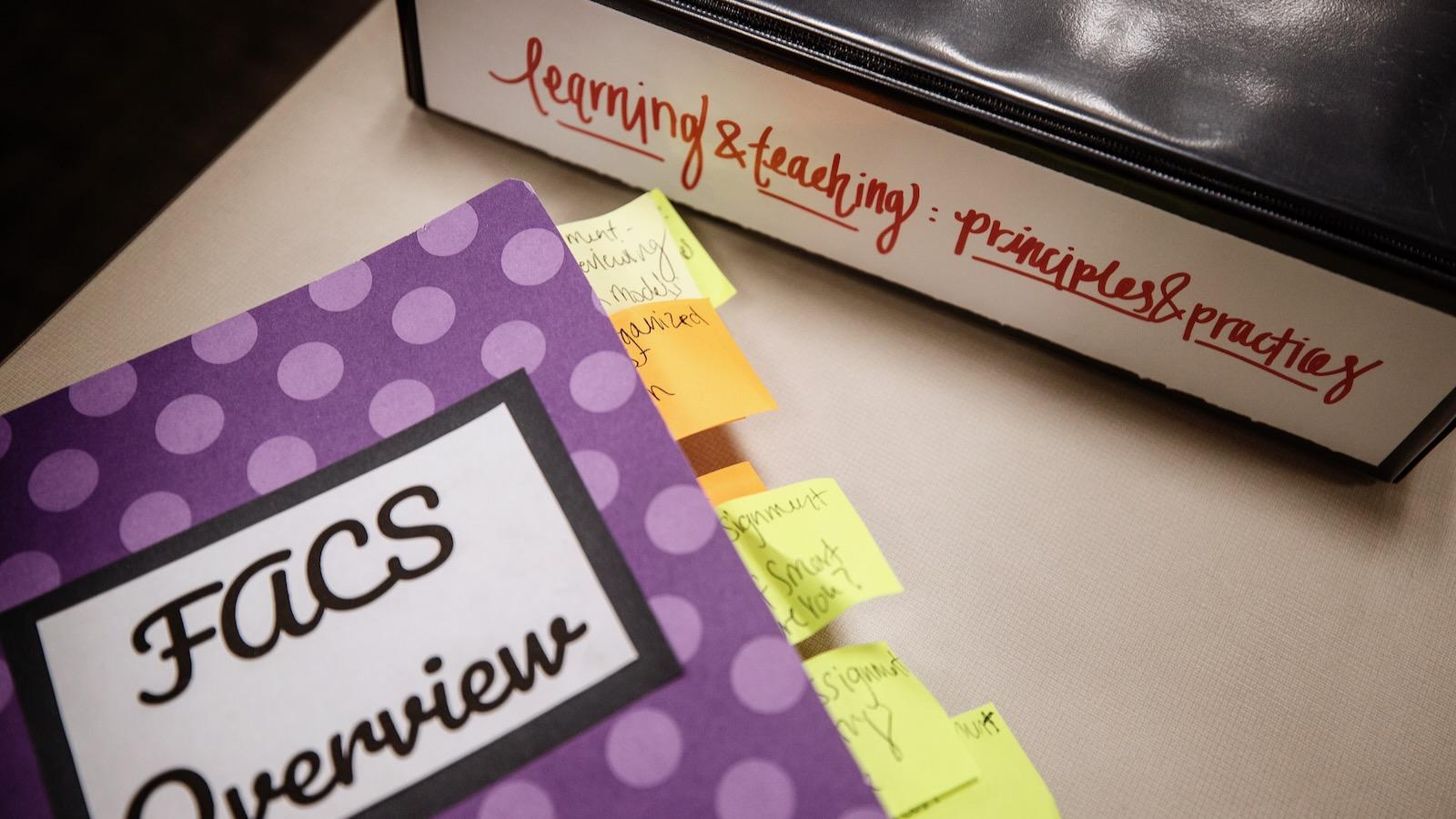
Apr 19 | Engage in peer review to revise the tone of your syllabus and you will revise a policy to include more equity considerations.
Navigating Challenging Conversations in the Classroom
Apr. 5 | Learn ideas for creating discussion guidelines for respecting a wide range of perspectives and experiences, as well as practices for class discussions that stretch student thinking and support all students’ learning.Supporting International Students’ Academic Success Spring 2024
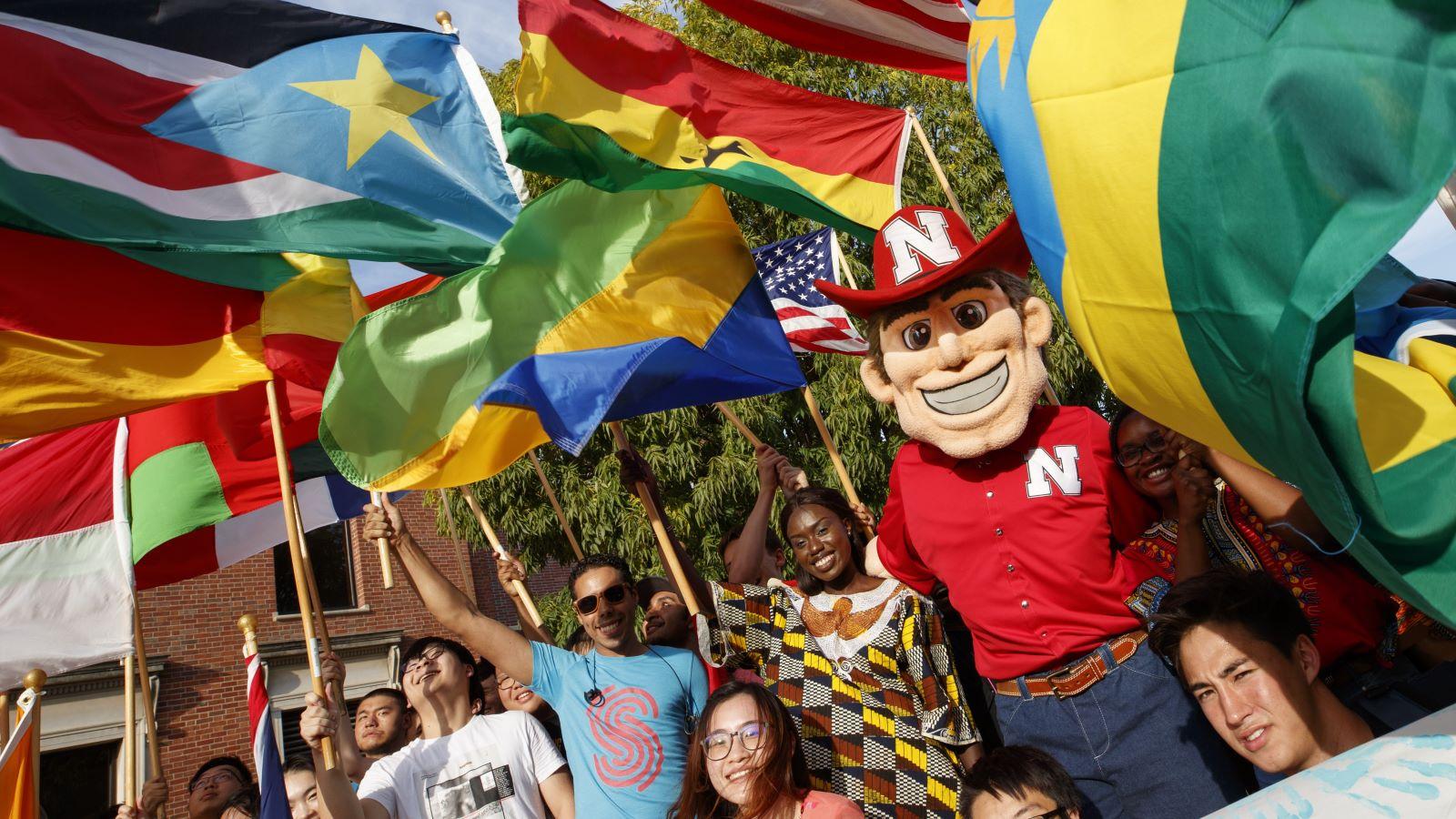
Feb. 6, Mar. 5, Apr. 2 | Learn how instructors can best utilize the strengths of international students and help them be successful in the classroom.
Supporting Diverse Student Populations
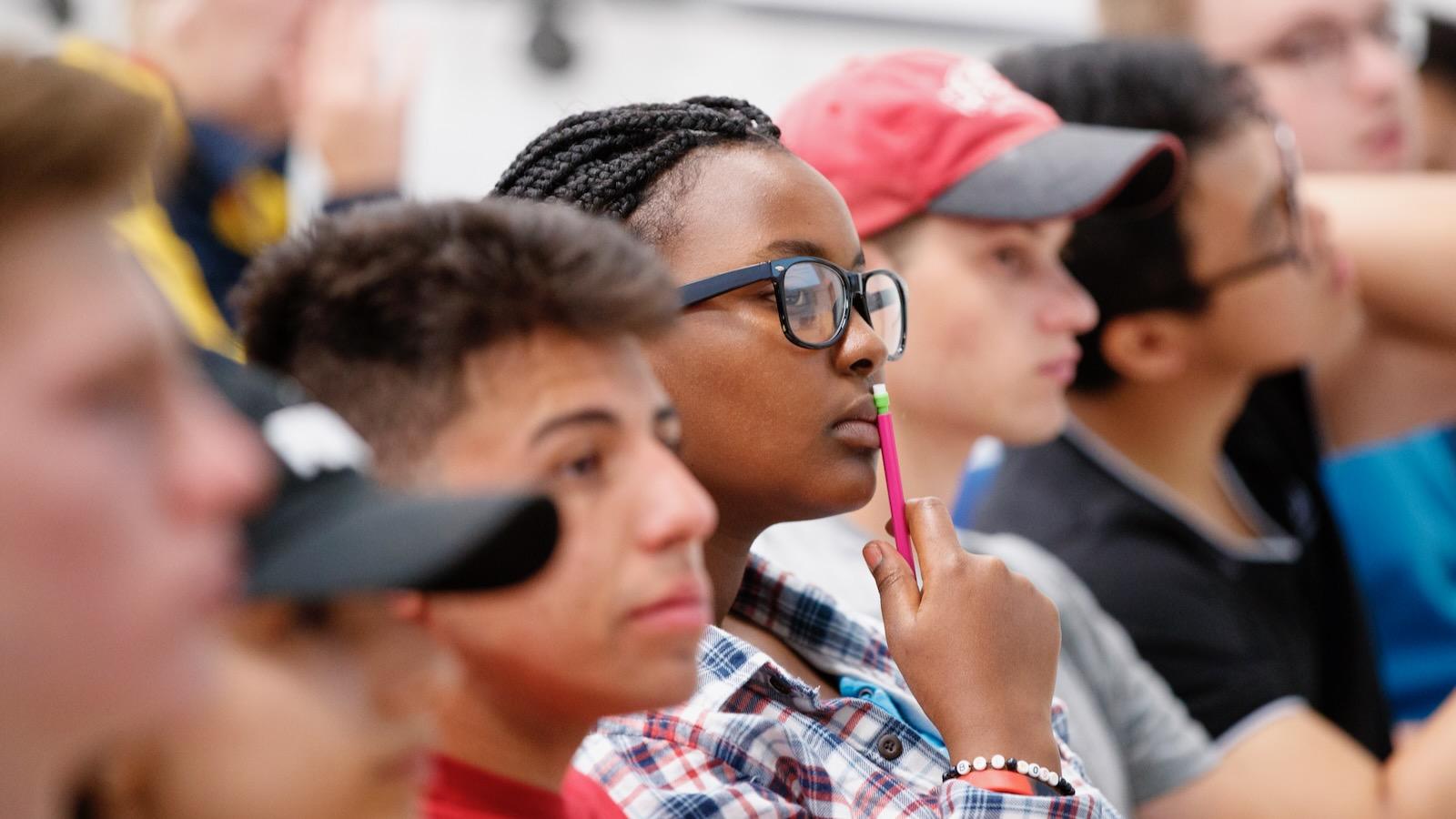
Mar. 22 | In this workshop you will learn about the unique educational needs that diverse groups of students tend to have and strategies for how to best meet their needs in the classroom.
Learning Analytics: Course Insights
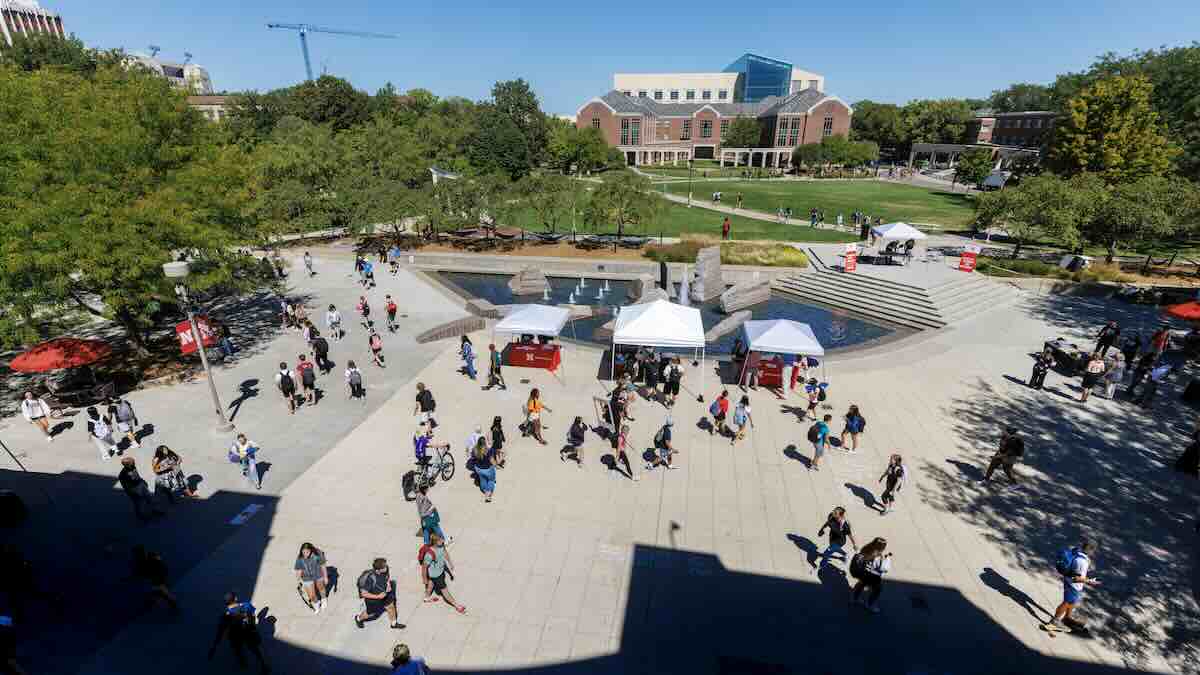
Mar 8 | Join the Learning Analytics: Course Insights workshop for an opportunity to dive into the data provided in the Course Insights dashboards to better identify and understand equity gaps in your courses. A brief, asynchronous pre-workshop module will be offered in Bridge that covers learning analytics and Course Insights.